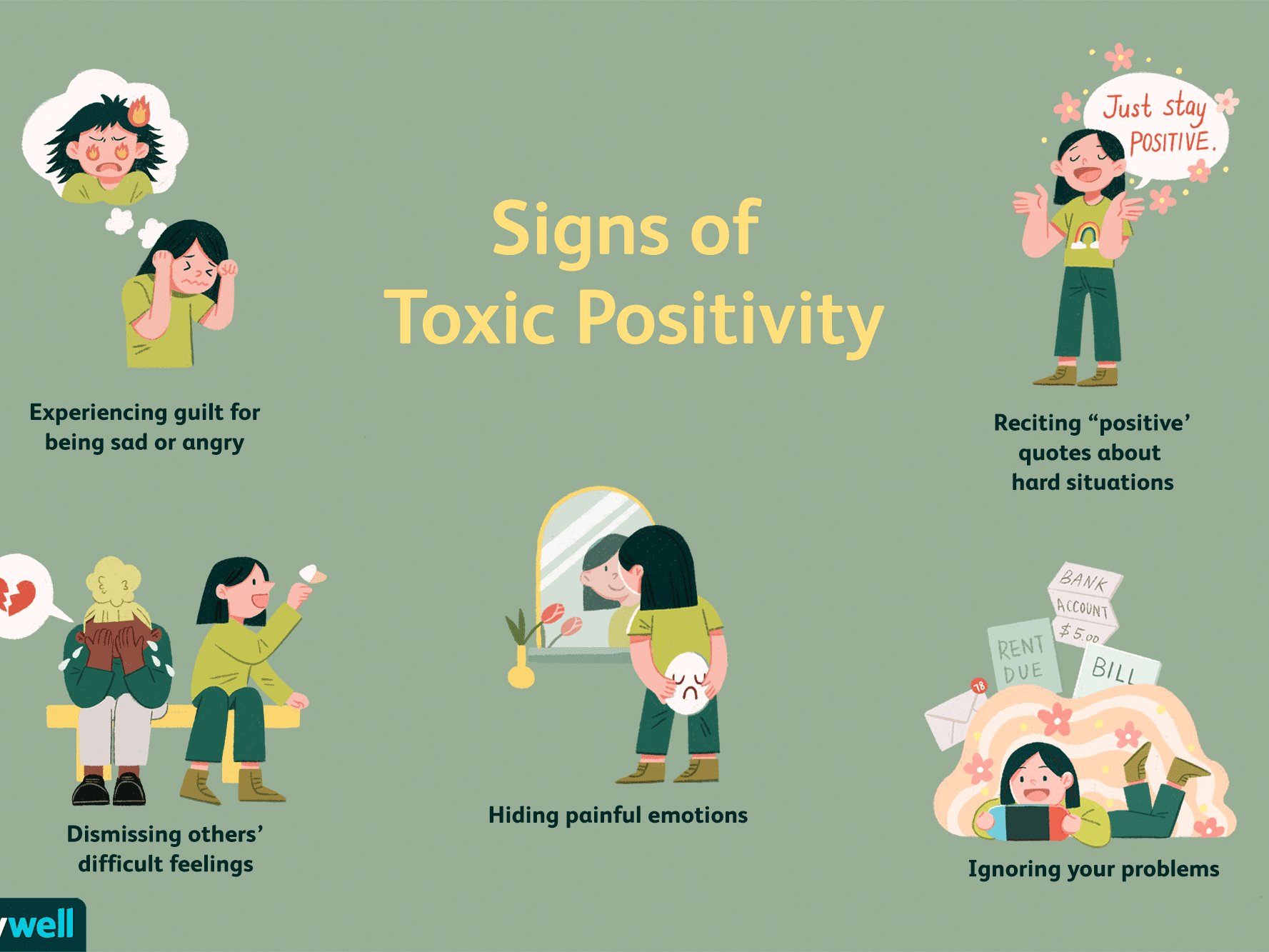“Everything worthwhile in life is won through surmounting the associated negative experience. Any attempt to escape the negative, to avoid it or quash it or silence it, only backfires. The avoidance of suffering is a form of suffering. The avoidance of struggle is a struggle. The denial of failure is a failure. Hiding what is shameful is itself a form of shame”.
Manson., 2016
I am over it! What with the ongoing struggles with the pandemic and now in some places the re-establishment of a new normal as we embrace the end game of Covid as a pandemic and enter into an endemic. The chronic shortages, and the endless false positivity of people saying it will all be alright, and things will recover when sometimes I want to wallow in my misery and embrace the fact that I am not okay…
Working with an emotion centric mindset is itself draining of mind, body and soul. I wouldn’t want to change my ethos or the models of care and cultures of true person centredness but sometimes positivity and motivation is lacking, and I need to accept this is my lived reality for this moment.
Maintaining motivation is essential for all of us, we have a need to top up our tanks especially when we operate from a basepoint of emotional intelligence and a feelings first approach such as is the case within The Dragonfly Approach® and The Butterfly Approach®. Toxic positivity is the belief that no matter how dire or difficult a situation is, people should maintain a positive mindset. It’s a “good vibes only” approach to life (Cherry, 2021).

Motivation comes from managing your emotions. So here are some healthy motivational strategies to allow you to connect with your feelings and emotions (the good, the bad and the ugly) and acknowledge that all emotions are important to our motivation and well-being.
Manage your negative emotions, but don’t deny them. Negative emotions can cause stress when unchecked, but they can also provide important information that can lead to beneficial changes in your life.
Be realistic about what you should feel. When you are facing a stressful situation, it’s normal to feel stressed, worried, or even fearful. Don’t expect too much from yourself. Focus on self-care and taking steps that can help improve your situation.
It’s okay to feel more than one thing. If you are facing a challenge, it’s possible to feel nervous about the future and also hopeful that you will succeed. Your emotions are as complex as the situation itself.
Focus on listening to others and showing support. When someone expresses a difficult emotion, don’t shut them down with toxic platitudes. Instead, let them know that what they are feeling is normal and that you are there to listen.
Notice how you feel. Following “positive” social media accounts can sometimes serve as a source of inspiration but pay attention to how you feel after you view and interact with such content. If you are left with a sense of shame or guilt after seeing “uplifting” posts, it might be due to toxic positivity. In such cases, consider limiting your social media consumption (Chiu., 2020)
Feelings Matter. People Matter. You Matter. Supporting your emotions is a key element to maintain motivation and includes acknowledging both positive and negative feelings and emotions you experience. Own your feelings, seek support form a trusted mentor or friend (Whiffin., 2019). Invest in your learning of mindfulness and start to have a conversation that recognises your value, potential and explores your aspirations and reflections in the hard times. Don’t rob yourself of your feelings. False or toxic positivity is in fact a demotivator.
Bibliography
Cherry, K. &. (2021, February 01). Very Well Mind | Self Improvement Blog | Happiness | What is toxic positivity. Retrieved from verywell mind: https://www.verywellmind.com/what-is-toxic-positivity-5093958
Chiu., A. (2020, August 19). Time to ditch toxic positivity experts say: It’s ok to not be ok. Washington, Washington State, America.
Manson., M. (2016). The Subtle art of not giving a F**k: A counterintuative approach to living the good life. New York, America: Harper.
Whiffin., C. B. (2019). The value of providing pre-nursing care experience for aspirant nurses. Nursing Times (online), 33 – 36.
Zhou., J. 2. (2021). Signs of Toxic Positivity. Infographic outlining the signs of toxic positivity. Very Well Mind, Toronto, Canada.


